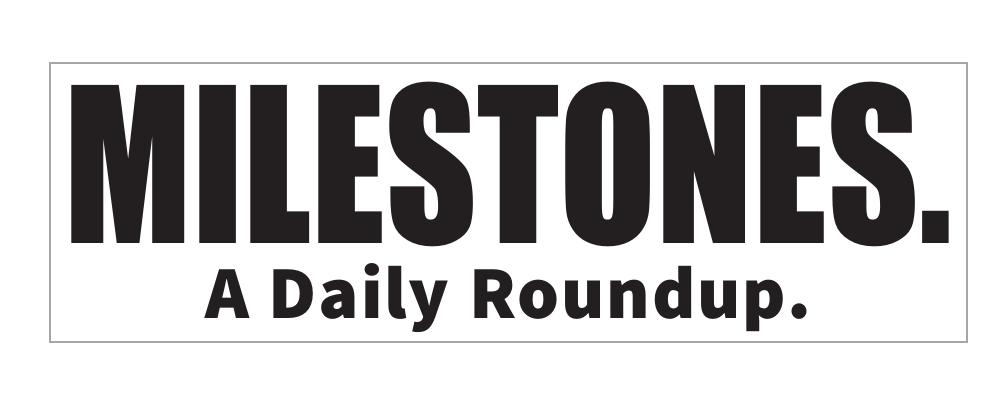Milestones: December 28, 2023

FIRST TO RESIGN AS VP — JOHN C. CALHOUN BECAME THE FIRST U.S. VICE PRESIDENT TO RESIGN FROM THIS OFFICE, ON DEC. 28, 1832. Calhoun, a South Carolinian who had been vice president during John Quincy Adams’ administration, threw his support to Andrew Jackson of Tennessee during the latter’s Presidential campaign and served as vice president for him as well. However, a political conflict later polarized as Calhoun prioritized states’ rights over the authority of the federal government, and he defended the agrarian South against the North, which was more industrial. Even though, in his role as vice president, Calhoun presided over the Senate, he was elected to a vacated seat in his home state and resigned as vice president to serve South Carolina.
Calhoun devoted the remainder of his political career to defending the slave plantation system against the growing anti-slavery movement. Calhoun, Daniel Webster of New England and Henry Clay of Kentucky comprised the “Great Triumvirate” of lawmakers during their time in Congress.
✰✰✰

Brooklyn Boro
View MoreNew York City’s most populous borough, Brooklyn, is home to nearly 2.6 million residents. If Brooklyn were an independent city it would be the fourth largest city in the United States. While Brooklyn has become the epitome of ‘cool and hip’ in recent years, for those that were born here, raised families here and improved communities over the years, Brooklyn has never been ‘uncool’.